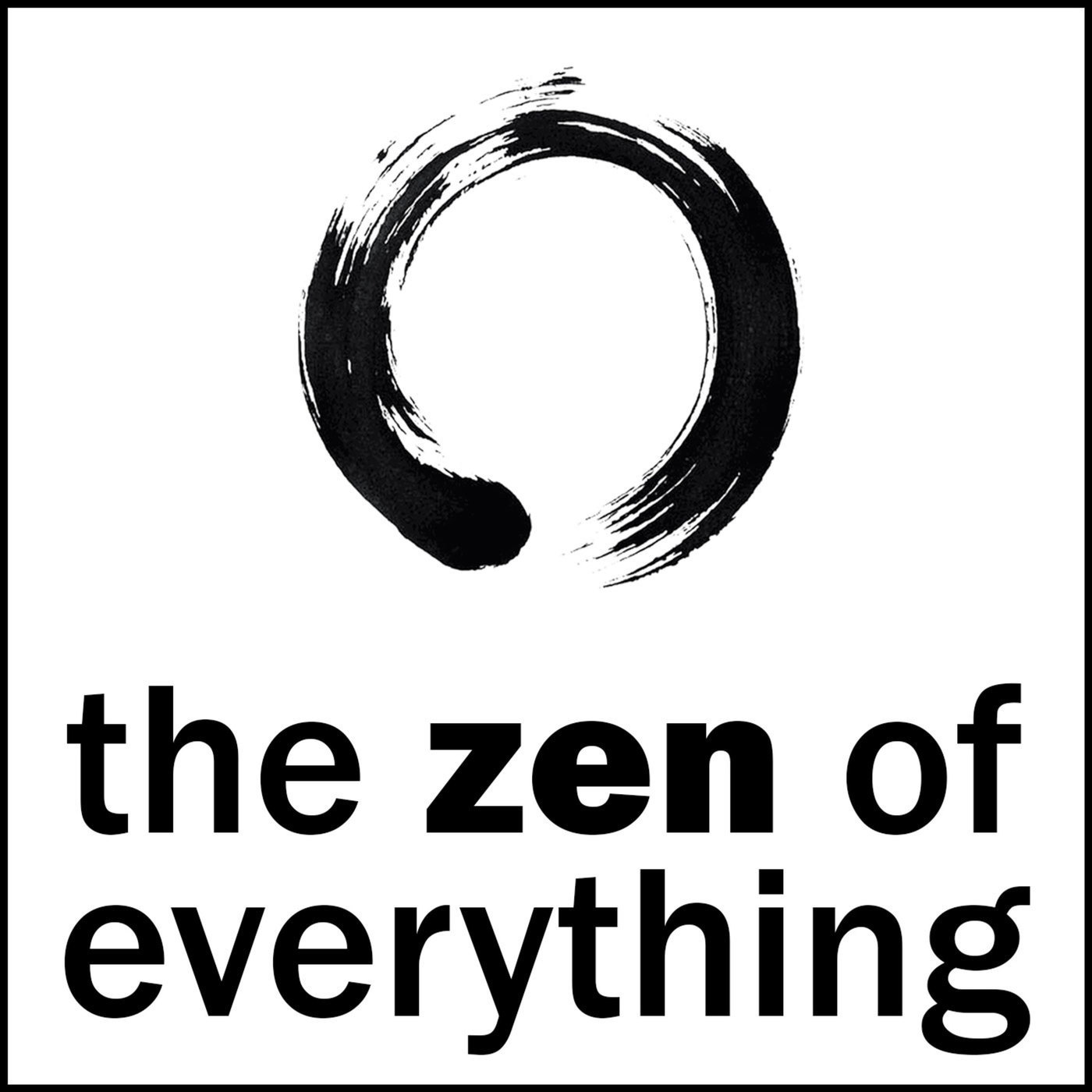To preface this question, I know some schools vary on the ethics behind eating meat or derivatives of animals. Regardless, for those traditions that do prohibit eating meat, what is the rationale behind this rule? For example, are the rules in place to ensure a practitioner retains a certain state of mind at all times (i.e., loving-kindness/compassion)? Or is it tied to karma/kamma? What is Zen Buddhism's take on this?
Thank you.
Thank you.


 sees, hears or suspects that it has been killed for him, he may not eat it." Deliberately killing or having an animal killed was something that required confession. There were no rules given for Buddhist laypeople, only monks and nuns. When his cousin Devadatta proposed that the sangha should be 100% vegetarian the Buddha opposed this.
sees, hears or suspects that it has been killed for him, he may not eat it." Deliberately killing or having an animal killed was something that required confession. There were no rules given for Buddhist laypeople, only monks and nuns. When his cousin Devadatta proposed that the sangha should be 100% vegetarian the Buddha opposed this. 
Comment